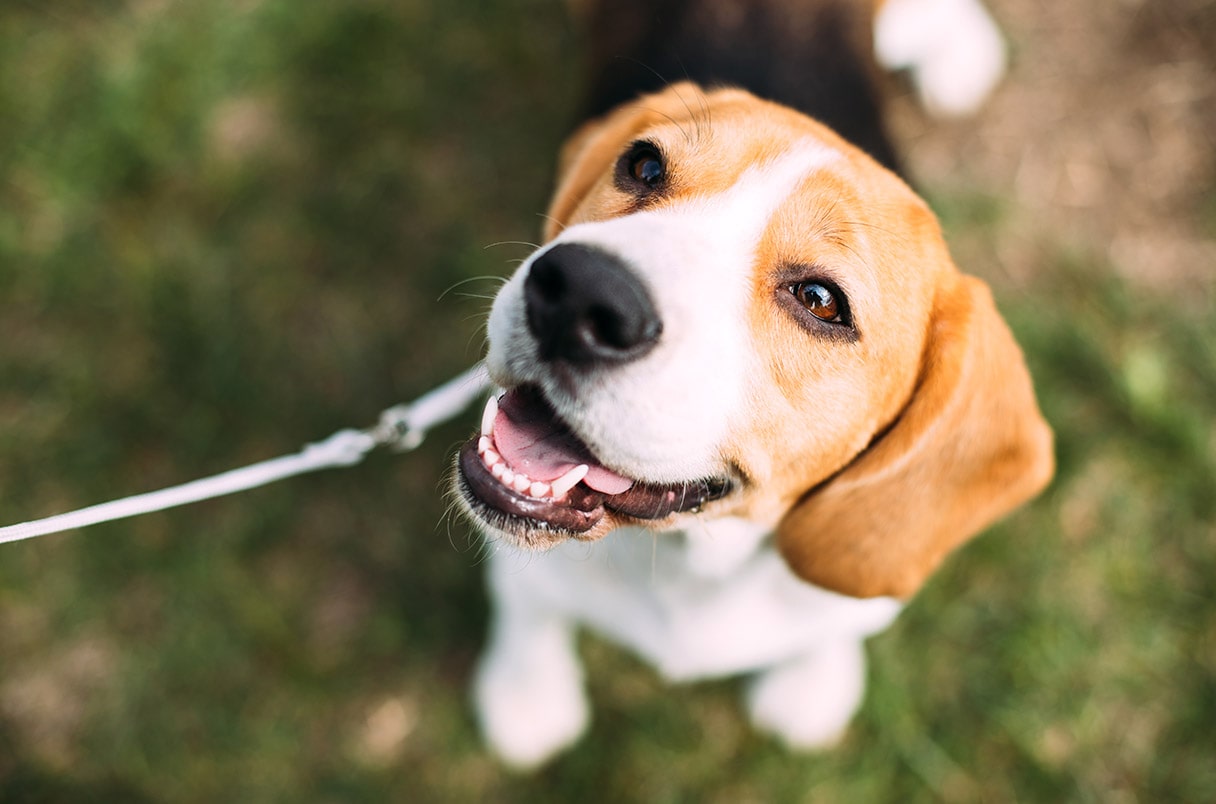Introduction
Taking care of small dogs requires specific attention and care. These pint-sized pups may be adorable, but they have unique needs when it comes to their health and well-being. In this article, we will explore various aspects of keeping small dogs healthy, from nutrition and exercise to grooming and regular check-ups. Whether you’re a new small dog owner or looking for ways to enhance your furry friend’s vitality, read on to discover valuable tips and insights to ensure the optimal health of your small canine companion.
check out: How to Tell If Your Dog Has Worms
Woman Found A Cold Dog Tied To A Tree
Importance of Regular Veterinary Check-ups
Regular veterinary check-ups play a crucial role in ensuring the overall health and well-being of small dogs. These check-ups provide an opportunity for your veterinarian to examine your furry friend, assess their weight, dental health, and address any potential concerns before they become more significant issues. During these visits, vaccinations can be updated, and preventive measures can be taken to safeguard against common health problems. Additionally, your veterinarian can provide personalized advice on diet, exercise, and other aspects of caring for your small dog, tailored to their specific needs.
Maintaining a Balanced Diet
A well-balanced diet is essential for the health of small dogs. Providing the right nutrients in appropriate quantities is crucial for their overall well-being. Consult with your veterinarian to determine the most suitable diet for your small dog, considering factors such as age, size, and any specific dietary requirements or restrictions they may have. Incorporate high-quality dog food that meets their nutritional needs, including essential vitamins, minerals, and protein. Avoid feeding your small dog table scraps or foods that are toxic to dogs, such as chocolate, onions, and grapes.
Appropriate Exercise for Small Dogs
Small dogs may have petite frames, but they still need regular exercise to stay fit and maintain a healthy weight. Engaging in physical activities not only helps burn calories but also contributes to their mental stimulation and overall happiness. Tailor the exercise routine to your small dog’s energy level and physical abilities. Short walks, interactive play sessions, and puzzle toys can all provide great exercise options. Aim for at least 30 minutes to an hour of exercise daily, but be mindful not to overexert them, especially in extreme weather conditions.
Ensuring Proper Hydration
Proper hydration is vital for small dogs to maintain their overall health and bodily functions. Ensure that fresh, clean water is readily available to your furry friend at all times. Small dogs may have a higher metabolic rate, so they may require more frequent access to water compared to larger breeds. Monitor their water intake and refill the water bowl regularly to prevent dehydration. If you notice any signs of excessive thirst or decreased water intake, consult your veterinarian to rule out any underlying health issues.
Providing Mental Stimulation
Small dogs are intelligent creatures that benefit from mental stimulation and enrichment. Engaging their minds not only prevents boredom but also helps curb unwanted behaviors that may arise from frustration or excess energy. Provide interactive toys, treat puzzles, and training sessions to keep their minds active and engaged. Regular playdates with other small dogs can also offer valuable socialization opportunities, contributing to their mental well-being.
Maintaining a Clean and Safe Environment
Creating a clean and safe environment is crucial for the well-being of small dogs. Keep their living spaces tidy and free from hazards that could potentially harm them. Regularly clean their bedding, toys, and food bowls to prevent the buildup of bacteria. Small dogs have a curious nature and can be prone to exploring tight spaces, so ensure that harmful substances, such as cleaning products or toxic plants, are securely stored away from their reach.
Grooming: Keeping Your Small Dog Fresh and Tidy
Proper grooming plays a significant role in the health and comfort of small dogs. Regular brushing helps maintain a healthy coat, prevents matting, and promotes good blood circulation. Depending on your dog’s breed and coat type, grooming needs may vary. Some small dog breeds may require professional grooming every few weeks, while others may only need occasional baths and trims. Additionally, ensure regular nail trimming, ear cleaning, and dental care to prevent infections and discomfort.
Preventing Dental Issues
Dental hygiene is often overlooked but is crucial for small dogs’ overall health. Dental issues can lead to pain, tooth loss, and even affect other organs if left untreated. Incorporate regular teeth brushing into your small dog’s routine using a dog-friendly toothbrush and toothpaste. Dental chews and toys specifically designed to promote oral health can also aid in keeping their teeth clean. If you notice signs of dental problems, such as bad breath, difficulty eating, or excessive drooling, consult your veterinarian for a thorough dental examination.
Avoiding Overfeeding and Obesity
Small dogs are susceptible to weight gain and obesity, which can lead to various health problems, including joint issues and heart disease. Ensure that you are feeding your small dog appropriate portion sizes according to their age, size, and activity level. Avoid overfeeding and resist the urge to give excessive treats, as they can quickly add up in calories. Regularly monitor your dog’s weight and consult your veterinarian if you notice any significant changes or concerns.
Creating a Stress-Free Environment
Just like humans, small dogs can experience stress and anxiety. Creating a stress-free environment is crucial for their overall well-being. Provide a safe and comfortable space for your small dog to retreat to when they need some quiet time. Establish consistent routines, as dogs thrive on predictability and structure. Avoid exposing them to loud noises or overwhelming situations whenever possible. If you notice signs of stress, such as excessive barking, restlessness, or changes in appetite, consult your veterinarian for guidance on stress management techniques.
Frequently Asked Questions
- Q: Can small dogs eat the same food as larger breeds?
- A: Small dogs have different nutritional needs and metabolism compared to larger breeds. It’s best to consult with your veterinarian to determine the most suitable diet for your small dog.
- Q: How often should I groom my small dog?
- A: Grooming needs may vary based on the breed and coat type of your small dog. Some may require professional grooming every few weeks, while others may only need occasional baths and trims. Consult with a professional groomer for specific recommendations.
- Q: Do small dogs require less exercise than larger breeds?
- A: Small dogs still need regular exercise to stay fit and healthy. While their exercise needs may be less intense than larger breeds, it’s important to provide them with daily opportunities for physical activity.
- Q: Are small dogs more prone to dental issues?
- A: Small dogs can be more susceptible to dental problems due to their smaller mouths and overcrowded teeth. Regular dental care, including brushing and professional cleanings, is crucial for their oral health.
- Q: How can I help my small dog cope with stress and anxiety?
- A: Creating a stress-free environment, establishing routines, and providing positive reinforcement can help small dogs cope with stress and anxiety. In severe cases, consult with your veterinarian for additional guidance.
- Q: What should I do if my small dog is overweight?
- A: If your small dog is overweight, consult your veterinarian for a tailored weight management plan. This may involve adjusting their diet, increasing exercise, and monitoring their progress regularly.
Conclusion
Keeping small dogs healthy requires a combination of proper nutrition, regular exercise, grooming, and providing a safe and nurturing environment. By following the tips outlined in this article and consulting with your veterinarian, you can ensure that your small canine companion enjoys a long, happy, and healthy life. Remember to prioritize their well-being and offer them the love and care they deserve. Your furry friend will thank you with endless tail wags and wet kisses!




